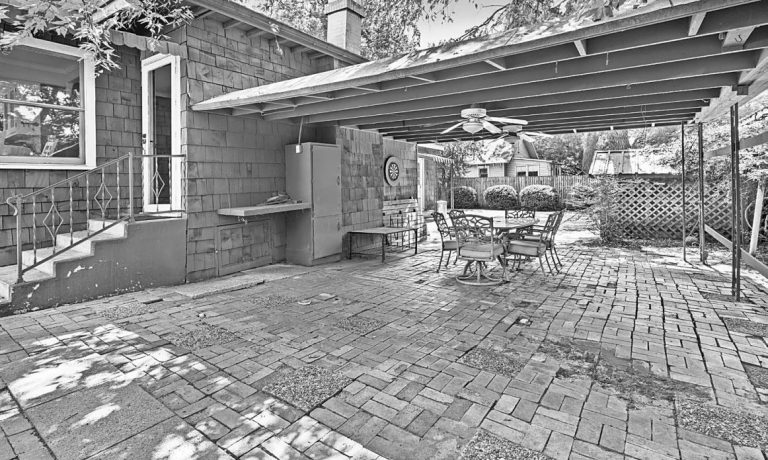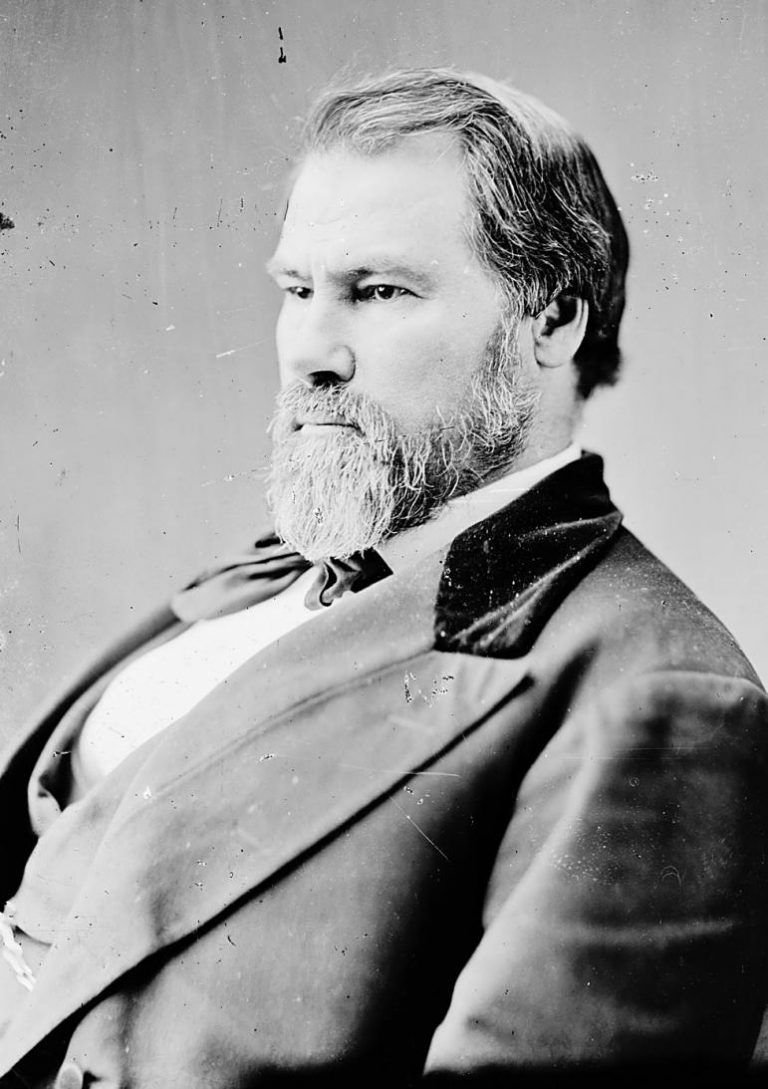The years following the passage of the Organic Act in 1890 were filled with change, controversy and confusion. One of the major sources of information about new rules and regulations was the local newspaper. The newspaper was also a platform for outspoken editors and community leaders to voice their opinions about politics, proposals, and each other. John Y. Schenck was described by the editor of the Chickasaw Chieftain as “one of the Territory’s fighting editors”. Indeed, Mr. Schenck, editor and publisher of the Caddo Banner, was often quoted and criticized for his bold declarations about tribal matters, liquor, and politicians. In 1892 he was attacked on the street in Caddo by an irate reader who struck him with her buggy whip. In September of 1894 the Minco Minstrel published this item from the Kingfisher Times, and a reply from the Banner: “J.Y. Schenck, publisher of the Caddo Banner, was last year ordered out of the Choctaw nation because he severely exposed the corruption common to official life there and in addition, favored abrogation of tribal relations. Kingfisher Times” “It was not only last year, but every month this year that the Indian authorities have reported us to the Interior department and prayed that we be removed. The Banner had the courage to expose the fraud practiced by the Choctaws and has been an inevitable thorn in their side for the last ten months. They have almost bankrupted the nation buying stamps to carry their letters to the Indian agent asking our removal. Caddo Banner” This statement in the Banner in January of 1895 shows that he had not mellowed: “It looks like Caddo could organize a Kangaroo court at home and not be put to the expense of going to Atoka to get kangarooed.” In May it was announced that Schenck would be starting a newspaper at Antlers. In June the South McAlester Capital editor noted his receipt of the first issue of that paper, the National Advocate. He made this comment: “It bears the familiar







